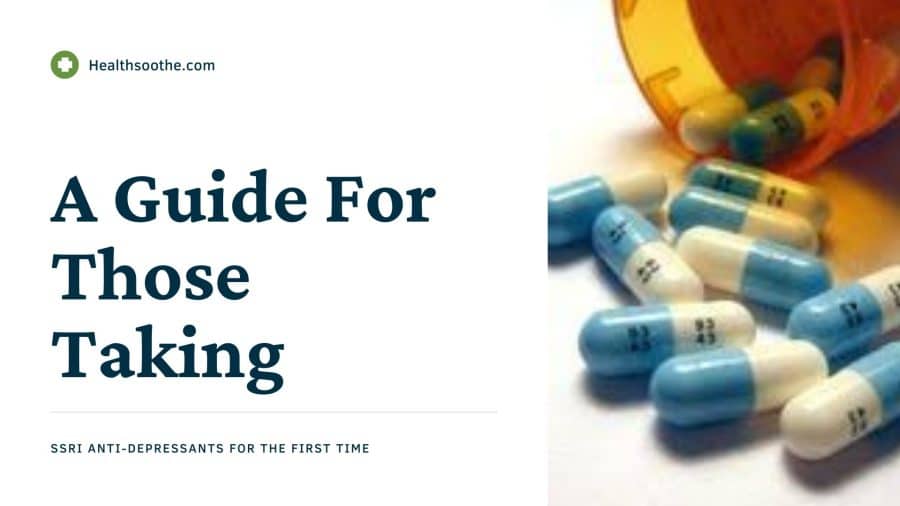Many people will have periods where they feel sad, but when this persists, and you continue to feel unhappy, hopeless, or find no pleasure in things you used to enjoy, there could be a chance that what you are experiencing is actually depression. It can be one of the most debilitating and gruelling health issues anyone can have, and unfortunately, not all people can see and therefore understand.
If you have recently been diagnosed with depression and are now on medication, continue reading to discover a concise guide for those taking anti-depressants for the first time.
Stick to a Routine
Regardless of the type of SSRI (Selective Serotonin Reuptake Inhibitors) you have been prescribed by the doctor and whether you have started on a low, or indeed higher, dosage, it is important to always remember to take your tablet at the same time every day.
Naturally, every single person is entirely unique, and as a result, the best time for one person to take their tablet is not always the best time for someone else. Generally, it would make sense to start taking your tablet around nine o’clock in the morning each day and see if you experience a difference in how you feel.
SSRIs Take Around 2 Weeks to Start Working
Your doctor or nurse will advise you on any potential side effects that can be experienced when taking anti-depressants, particularly in the first few weeks, and you may well feel nauseous or more tired than usual initially.
However, the key thing to keep at the forefront of your mind when starting to take anti-depressants is that, by their very nature, they always make a person feel worse (to varying degrees) before they start working and you feel better.
Again, everyone is different, but after around fourteen days, your signs and symptoms of depression are more than likely to start fading.
Keep Regular Appointments with Your Doctor
Unfortunately, when it comes to Major Depressive Disorder, it is rarely the case that a person will only experience one episode of depression as a sporadic occurrence, and far more likely that you will go through many throughout your life.
The key here is to use anti-depressants to regulate a more normal level of serotonin in your brain, to try to make these low periods more manageable. Additionally, it would be strongly advised to use the NHS GP online service to schedule regular appointments to discuss your progress and ask the doctor’s advice regarding if/when you need to increase or decrease your dosage.
Depression is a Real Medical Condition
When it comes to explaining to your partner, family members, and friends all about what depression is and the fact that you have now started taking anti-depressants, your loved ones will certainly feel as if they are stuck between the proverbial rock and the hard place.
If you have never had depression, there is absolutely no way that you can possibly understand what someone with depression is experiencing, and therefore, if one or more of your loved ones seem dismissive of your condition, you need to remember that at least they have never experienced it themselves.
Explaining how you feel is an excellent idea, but if one of your friends or a member of your family has the attitude that you just need to’ “pull yourself together”, stop sharing with that person.


